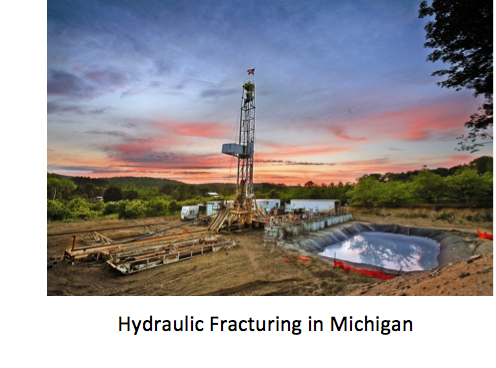Your cart is currently empty!
Local Fly Ash Beats Mined Frac Sand For Hydraulic Fracturing
Oil and Gas technology company, LWP Technologies Limited, has recently reported pleasing results from the continuous fly ash test work being done at their Brisbane-based pilot plant.
The Research and Development team within LWP has been testing Queensland-sourced FA at the pilot plant and the results from their work have been very positive and supportive of the path to commercialising cost effective FA based proppants for use in oil and gas hydraulic fracturing. Proppants are a sand-like commodity that are essentail to the multi-billion dollar hydraulic fracturing industry.
Hydraulic fracturing involves drilling into the surface of tight-rock formations, before gradually turning horizontal and drilling further. This creates micro-cracks that can often close shortly after being created. To counteract this, proppants are used to “prop” open these fractures, therefore allowing access to vast oil and natural gas reserves, that were previously locked away.

Competing in the ceramic proppants market is LWP’s primary focus and now, this ability to deliver a superior product to the market has given the Brisbane based company a head start, along with many opportunities, such as price competition against imported mined frac sand. Frac sand is a high purity quartz sand with very durable, round grains and in the past several years, demand for a proppants such as frac sand has exploded as thousands of oil and natural gas wells are being stimulated using the hydraulic fracturing process. Having a strong position against imported mined frac sand allows LWP access to a large portion of the proppants market that was never previously anticipated.
LWP’s focus is also on developing proppants using minimal bauxite (world’s main source of aluminum) to compete in Australian Markets where mined frac sand is often imported. Transport and logistics costs of importing frac sand to Australia from the U.S. also provides an excellent opportunity for an LWP licensee to manufacture and sell fly ash proppants to the market. Another advantage is lesser handling of the fly ash proppants compared to that of mined frac sand, as the more that proppants are handled during the transportation and handling process, the more proppants degrade. This may result in the proppants arriving at the oil and gas well bearing little resemblance to the same proppants that left the mine gate.
LWP Technologies believes it has the potential to lead the industry due to the widespread availability of fly ash, the ultra-light weight of the material and the ability of fly ash to withstand very high pressures in deep wells, that enable the fractures to stay open when drilling.
Read more here: http://www.worldoil.com/news/2016/4/10/lwp-reports-positive-results-from-fly-ash-test-at-brisbane-pilot-plant
